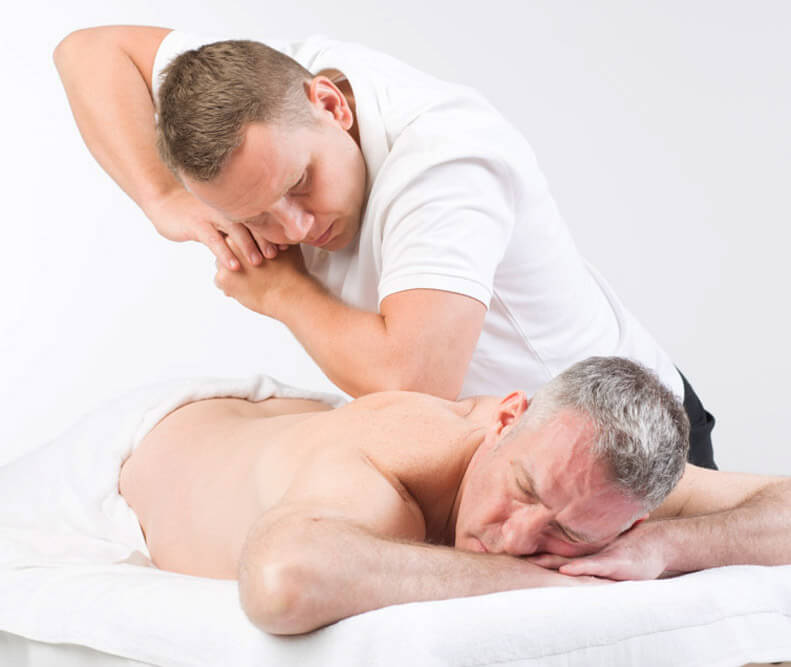Neuromuscular therapy London

What is it?
Neuromuscular Therapy is a highly specialized type of soft tissue therapy designed to relieve pain and return injured tissues to normal function.
Neuromuscular Therapy uses targeted soft tissue treatment, flexion techniques and encouragement of concerted self-care to eliminate the causes of most muscular aches and pains. Specifically, it addresses postural and muscular imbalances, nerve entrapment, ischemia (reduced blood flow to an area of the body) and muscular trigger points.
Often providing long-term pain relief where other approaches have failed, Neuromuscular Therapy restores natural balance to the nervous, muscular and skeletal systems and brings the body back into natural alignment.
Problems acupuncture therapy can help
Сontraindications
Neuromuscular Therapy should be avoided when the following cases apply:
Good to know
Neuromuscular Therapy may feel painful, especially at first; when this occurs, it is important to notify the therapist. Indeed, any time the pressure feels too strong, too faint, or seems to be adversely increasing or decreasing, the client should make it known, and the therapist should respond accordingly.
Massage pressure should never be unreasonably or overly painful, but rather work through the muscle spasm to alleviate pain. For this reason, most people describe massage pressure as a “good pain”.
We provide our massage, treatment, kinesio taping and acupuncture services in London. However, for our clients we do mobile massage treatments all across London and surrounding areas.
Book an appointment for a massage, therapy or acupuncture session today.